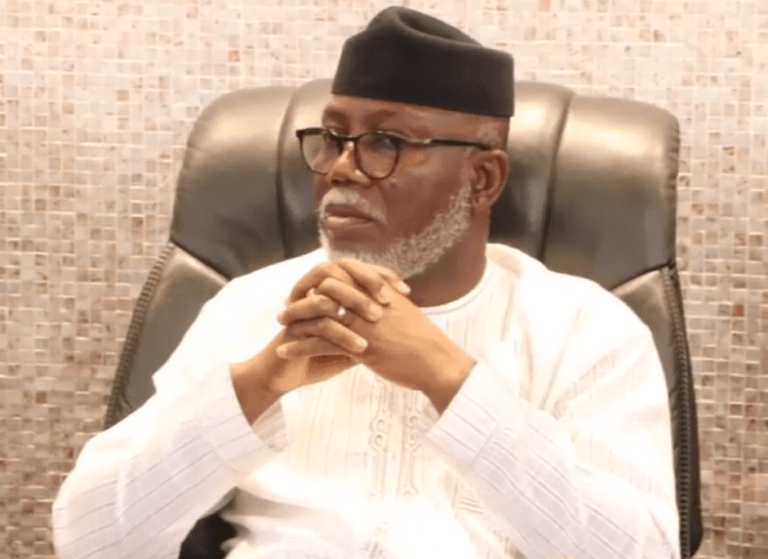CBN Finally Devalues Naira – See New Exchange Rate
After denying reports of naira devaluation, the Central Bank of Nigeria (CBN) has now announced significant changes to the Nigerian Foreign Exchange (FX) Market, just 14 days later. These changes involve the consolidation of all segments into the Investors and Exporters (I&E) Window, aligning with the earlier report that the CBN challenged.
As a result of these developments, the naira has experienced a sharp decline, reaching a record low of 29% to N664 per dollar at the close of business in Lagos. This decline marks the largest since the devaluation in 2016.
In a circular issued by the CBN, it was revealed that applications for medical expenses, school fees, BTA/PTA, and SMEs would still be processed through deposit money banks. Additionally, the circular reintroduced the “Willing Buyer, Willing Seller” model at the I&E Window and established that all eligible transactions could access foreign exchange through this window.
The CBN also implemented trading limits on oversold FX positions, allowing the hedging of short positions with OTC futures. Overbought positions were limited to zero. The circular reintroduced order-based two-way quotes with a bid-ask spread of A1, ensuring that all transactions would be cleared by a Central Counter Party (CCP).
Furthermore, the RT200 Rebate Scheme and the Naira4Dollar Scheme will be discontinued starting from June 30, 2023.
Previously, the CBN had been auctioning the naira at the SMIS window at over N630 to the dollar. However, the CBN directed commercial banks to freely trade the dollar, causing prices to rise to N750/$.
Investors reacted positively to these reforms, as seen in the surge of the stock market and government bonds. The removal of trading restrictions on the official market led to the naira hitting a record low of 750 to the dollar on the official market. This was the first significant drop since the introduction of a managed exchange rate in 2017, following the 2016 devaluation.
Charlie Robertson, head of macro strategy at FIM Partners, considered this devaluation a necessary step to improve the current account and long-term investment climate. President Bola Tinubu, who initiated these reforms, inherited an economy facing challenges such as slow growth, high debt, and declining oil output.
Foreign investors had cited forex restrictions as a major obstacle to investing in Nigeria, the largest oil producer in Africa. Bismarck Rewane, CEO at Financial Derivatives Company, expressed optimism that the removal of distortions in forex pricing would allow the naira to find its appropriate value in the coming weeks.
While the liberalization of the naira was expected under the new administration, the extent of the decline was surprising to some analysts. Nonetheless, the devaluation is seen as a means to help the federal government achieve a better balance in its finances, considering its reliance on USD-linked oil revenue.
Experts have expressed support for the unification of exchange rates to create a transparent forex market. However, concerns have been raised about the potential impact on the general price level and the need for a gradual approach given the weak economic fundamentals and limited forex sources in Nigeria. Economists expect the exchange rate to fluctuate in the short term due to high demand backlog, but they anticipate a moderation as market conditions stabilize.








